Five Easy Ways to Tackle Tax Season When You're Self-Employed

Pay Your Quarterly Estimated Tax Payments
Make Sure You Are Claiming Your Deductibles
Avoid the IRS Labeling Your Business As a Hobby
For many Americans, tax season can be a daunting time of year. When you’re self-employed, taxes are even more confusing since you don’t have a human resources department sending you all of the correct forms. You have to figure that all out yourself! There are tons of different ways to simplify your taxes when you’re self-employed, while also making sure you’re doing everything you can to save money, including managing your quarterly estimated tax payments. Here are five things to keep in mind when it comes to taxes in the world of self-employment.

1. Pay Your Quarterly Estimated Tax Payments
When you work for a company and are classified as an employee, federal and state taxes, and Social Security and Medicare taxes are taken directly from your paycheck throughout the year. If you’re self-employed, you need to account for these payments yourself.
In order to avoid any possible penalties by the IRS when Tax Day comes, you should be making your quarterly estimated tax payments in April, June, September and January (typically on the 15th day of each month). Form 1040-ES will help you figure out if you have to pay estimated taxes. Use Form 1120-W if you’re running your business as a corporation.
2. Make Sure You Are Claiming Your Deductibles
You may not even realize just how much potential there is to claim deductibles when it comes to filing your taxes. For example, if you travel at all for work, such as going to the store to buy supplies or going to meet clients, you can claim those miles as a deductible. A mileage tracker app is the most efficient and accurate way to record all the miles you travel for work. Noting them manually can cause more stress and any inaccuracies can lead to an audit.
As a self-employed individual or freelancer health insurance premiums can also be deducted, along with other health insurance costs for yourself and your family. Additionally, you can claim deductions for the cost of entertaining clients and interest on business debt. Do your research and see which deductibles apply to you. You may be surprised just how much money you’re missing out on saving through your possible deductibles!
3. Avoid the IRS Labeling Your Business As a Hobby
Sometimes the IRS may label self-employed businesses as hobbies. This prevents them from being able to deduct expenses past the amount of their income. One way to avoid this is to make a profit three out of five consecutive years. Another way to prove to the IRS that you’re a legitimate business is to present your work in a professional manner and keep meticulous records.
4. Have Organized Recordkeeping
That leads us to the importance of good recordkeeping. In order to make every aspect of running your own business easy, including tax season, you should keep extremely organized and accurate records. This includes taking note of your income, fixed and discretionary expenses, invoices and payments. Uploading all of these documents to one place and keeping them continuously updated will make tax season much less stressful!

5. Contribute to Retirement
When you’re an employee, you have a 401(k) plan that goes towards your retirement. On the other hand, when you’re working for yourself, you need to remember to open your own retirement savings. With consistent contributions to your retirement account, you can claim tax deductions. It’s always smart to save for the future! There are three retirement account options: the SEP-IRA, SIMPLE IRA and a Solo 401(k). The details of each one vary, but they are all designed for the self-employed to save for retirement.
If you practice these five steps when running your own business, taxes will be easier and more organized for you than they would have been otherwise!
More Useful Resources
- Tips for Freelancers Preparing for Tax Season
- How the Self-Employed Can Prepare for Tax Season All Year Long
RELATED ARTICLES

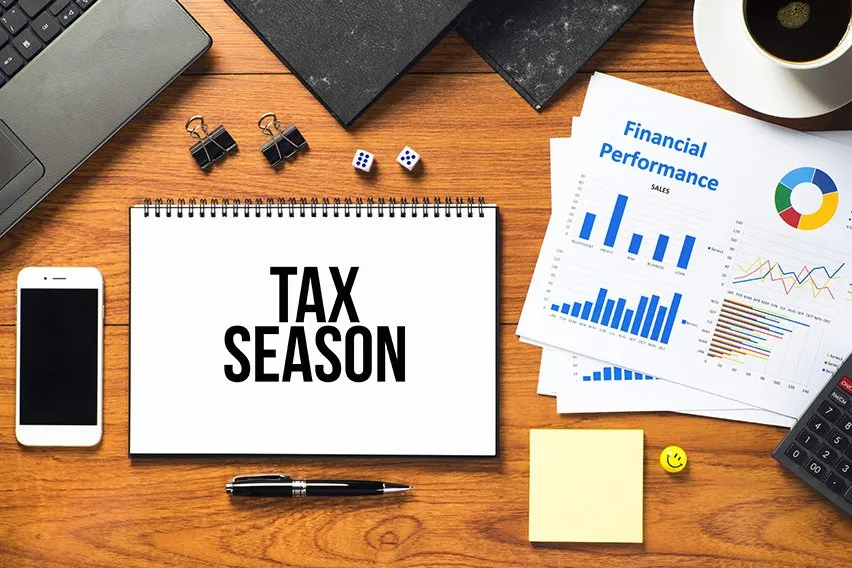 How the Self-Employed Can Prepare for Tax Season All Year Long
How the Self-Employed Can Prepare for Tax Season All Year Long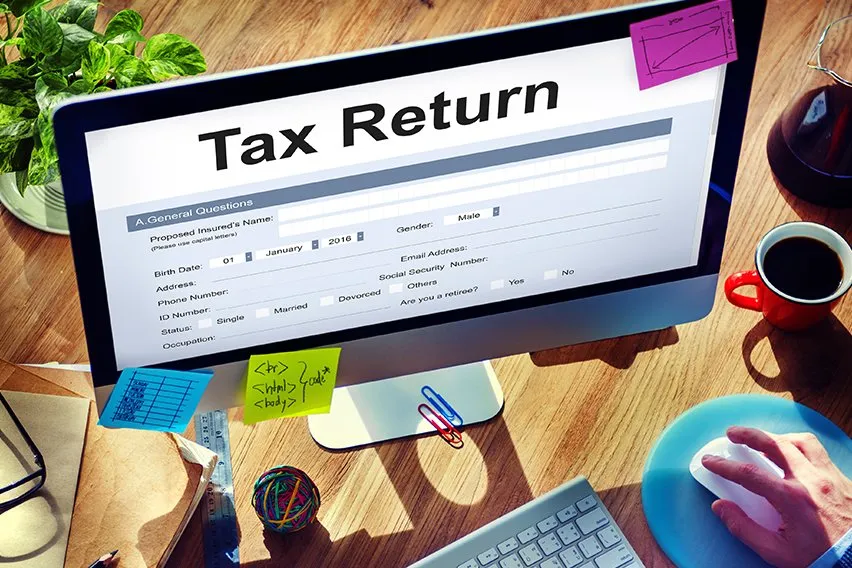 Five Tips for Freelancers Preparing for Tax Season
Five Tips for Freelancers Preparing for Tax Season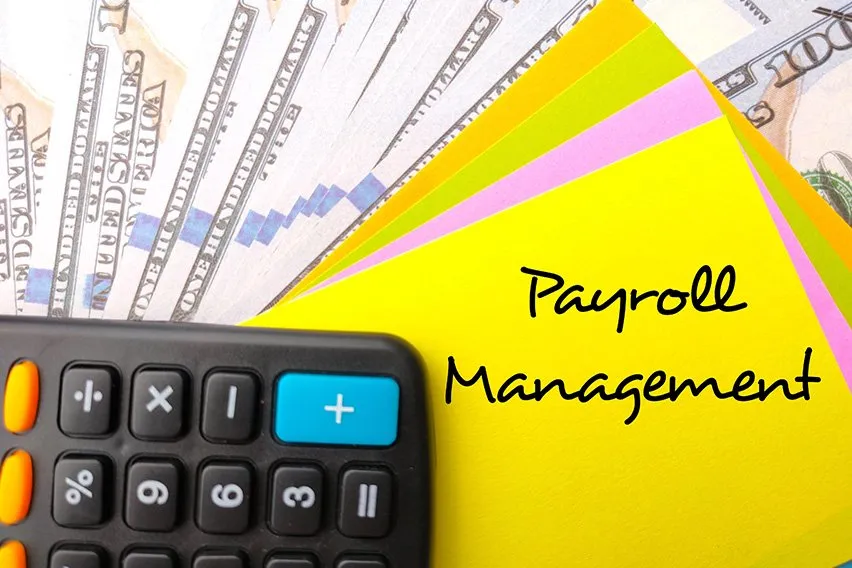 How to Manage Payroll—Payroll Tips for Small Businesses
How to Manage Payroll—Payroll Tips for Small Businesses Cash vs. Accrual Accounting: Difference Explained
Cash vs. Accrual Accounting: Difference Explained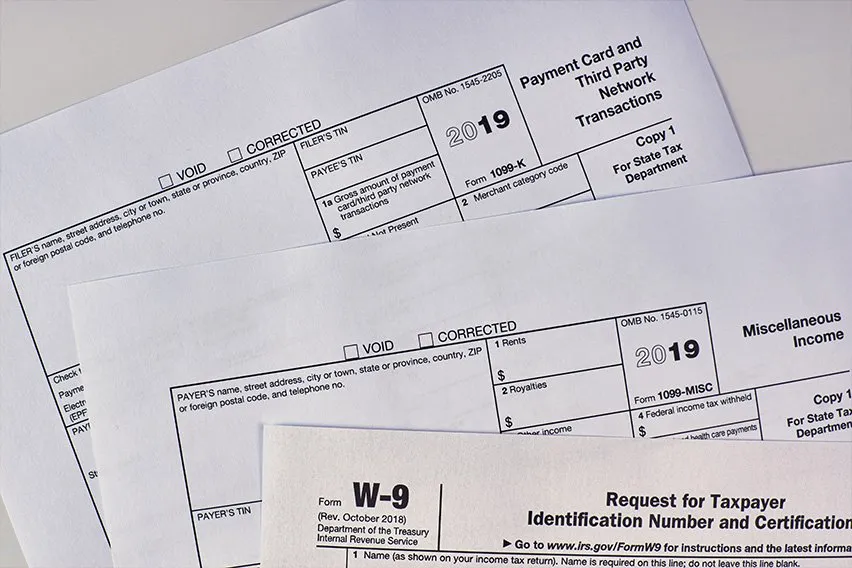 How to File 1099: 5 Easy Steps
How to File 1099: 5 Easy Steps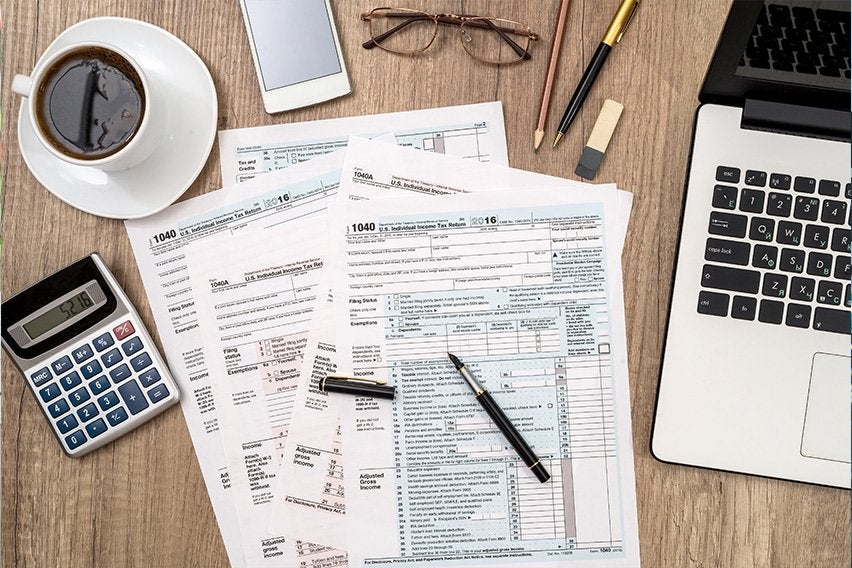 Tax Deductions for Self-Employed Business Owners: Everything to Know
Tax Deductions for Self-Employed Business Owners: Everything to Know